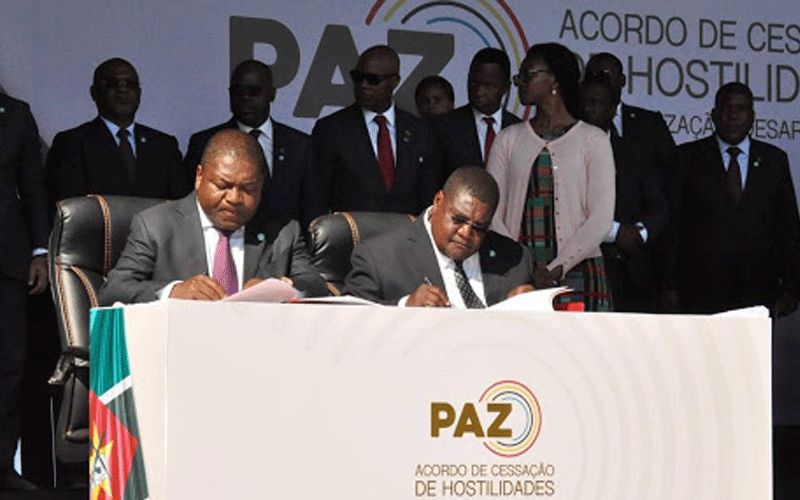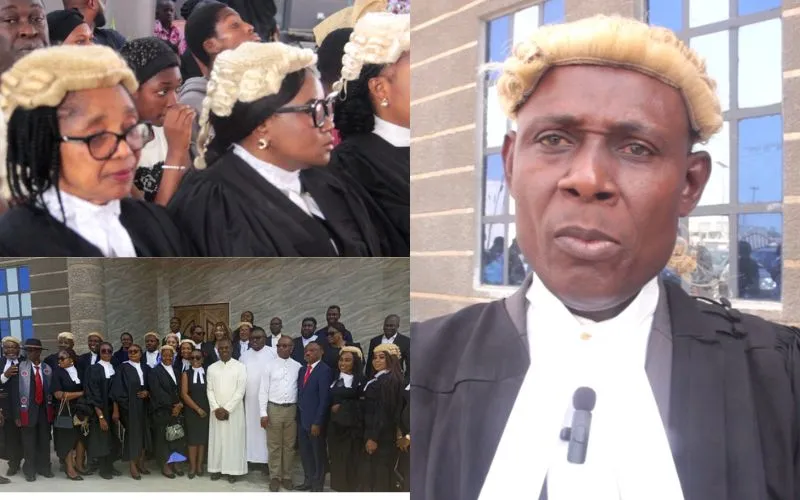Chimoio, 06 October, 2020 / 11:00 pm (ACI Africa).
A Catholic Prelate in Mozambique’s Diocese of Chimoio has weighed in on the security challenges in several parts of the Southern African country, saying that the Rome Peace mediations signed 28 years ago to end violence in the country are yet to bear the needed fruit of long-lasting peace in the country.
In an interview with ACI Africa correspondent in Mozambique, Bishop João Carlos Hatoa Nunes said that people in several parts of the country continued to live in fear owing to protracted violence.
“Peace is still a desire in our country... We still see several very clear signs such as the attacks in the Central and Northern areas and the unending fear that hangs over several populations who are in these conflict zones,” Bishop João Carlos said in the Monday, October 5 interview.
He added, “All this demonstrates that peace is still a desire for many Mozambicans and that we have not yet managed to meet and together work for the growth of our country.”
The Prelate spoke about the Rome General Peace Accords, a peace treaty that was signed between the government of Mozambique and the Mozambican National Resistance (RENAMO), ending the country’s Civil War on October 4, 1992.








